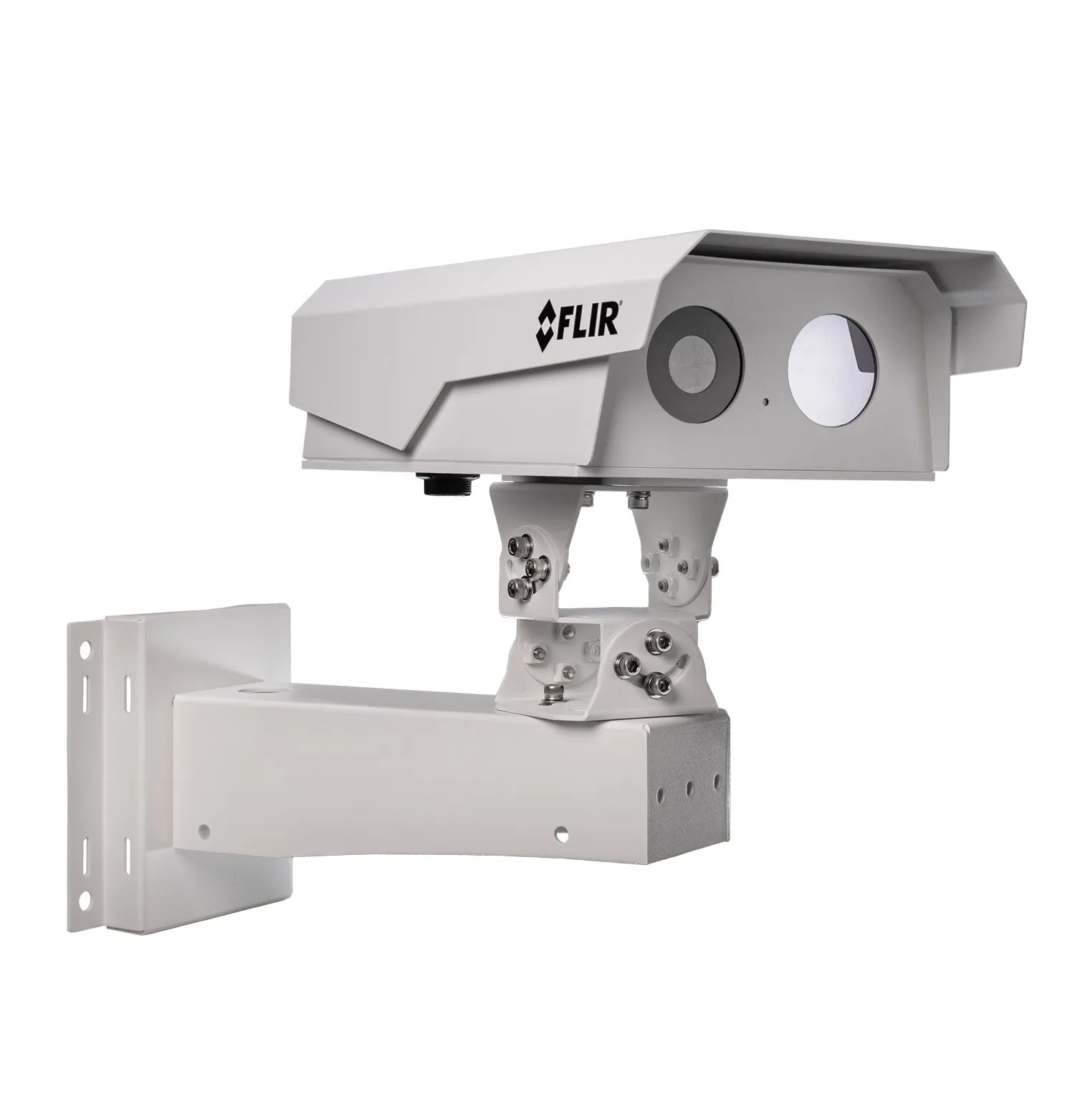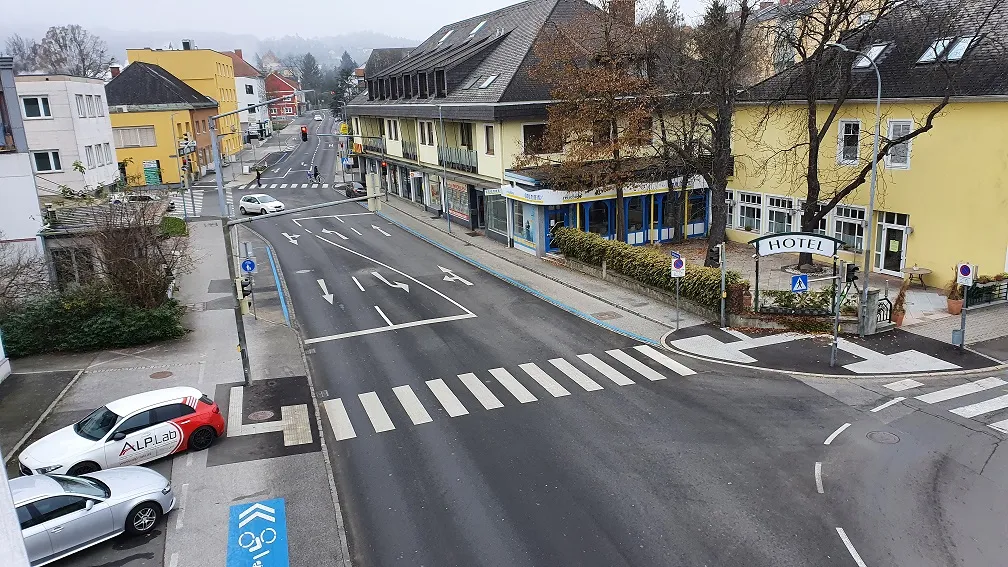UK security provider Securitas has partnered with driver safety and behaviour technology company GreenRoad to reduce risks associated with driver behaviour and improve driver safety among its 11,000 employees. GreenRoad technology will allow Securitas to track the movements of its fleet, monitoring driver behaviour, such as harsh braking, cornering, lane handling, acceleration and speeding.
August 21, 2017
Read time: 1 min
UK security provider Securitas has partnered with driver safety and behaviour technology company 4495 GreenRoad to reduce risks associated with driver behaviour and improve driver safety among its 11,000 employees.
GreenRoad technology will allow Securitas to track the movements of its fleet, monitoring driver behaviour, such as harsh braking, cornering, lane handling, acceleration and speeding.
Each vehicle will be fitted with technology providing real-time data, cascaded to an online reporting and analytics platform. This will enable Securitas to track its entire fleet, while monitoring driver behaviour.









